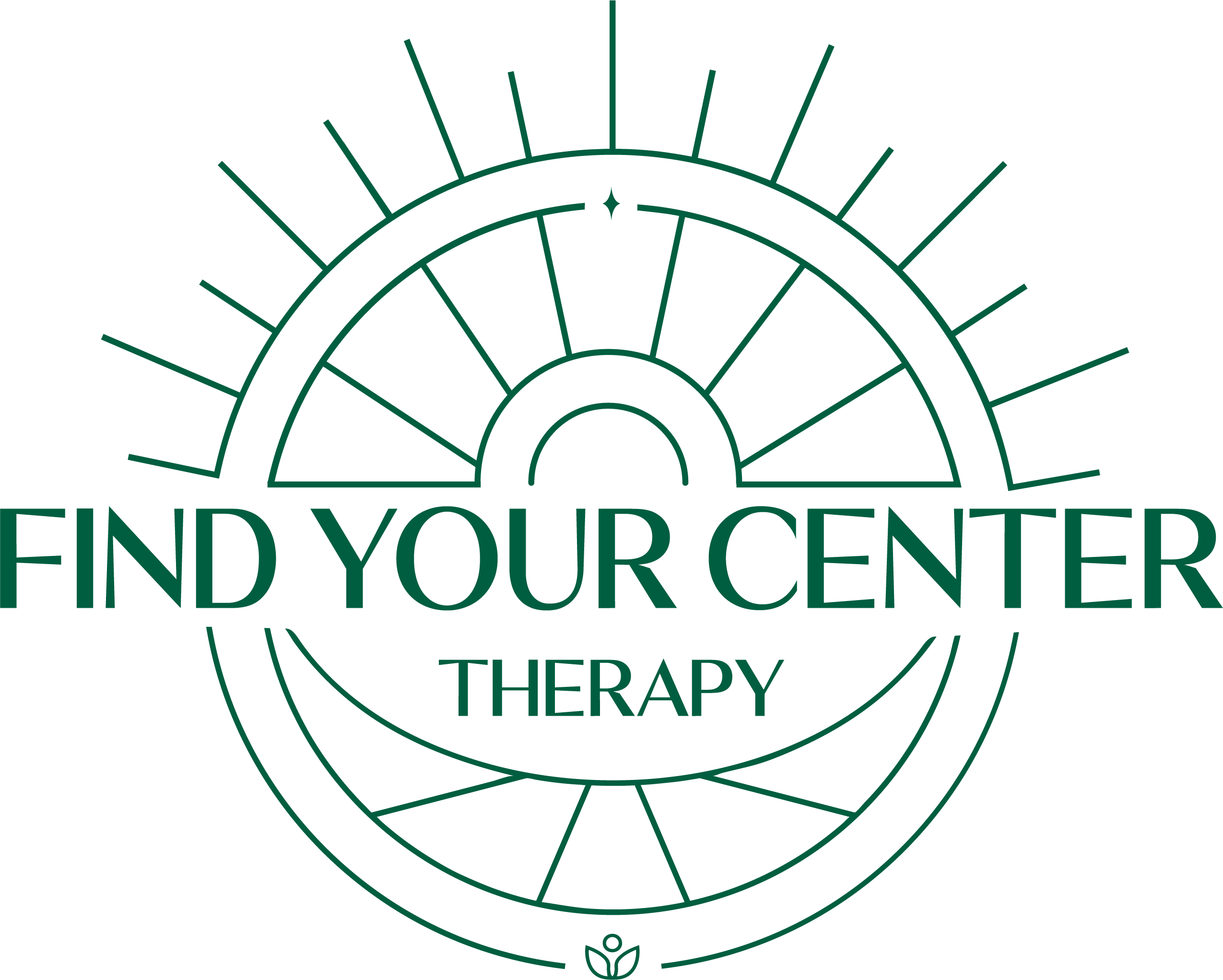Addiction
Are you struggling with dependence on substances such as alcohol, prescription medications, or other drugs?
Do you feel trapped in cycles of compulsive behavior or unhealthy patterns?
Are you seeking support for yourself or a loved one in the journey towards recovery?
Addiction can be messy and isolating. Recovery requires a balance of nonjudgmental support and direct feedback. Your personal commitment is essential for success, but we start where you are. Whether you’re at the beginning of your recovery journey, seeking additional support along the way, or have a partner or family struggling with addiction, our therapy services can provide the tools, insight, and support you need to break free and lead a more fulfilling life.
Understanding Addiction
Addiction is a complex condition characterized by compulsive substance use or behavior despite harmful consequences. It affects the brain’s reward system, leading to intense cravings, loss of control, and continued use despite negative outcomes. Our therapy services are designed to address the underlying factors contributing to addiction and support you in your journey toward recovery and healing.
Common Expressions
● Relational: Compulsive porn use and sex, as well as repetitive and all-consuming dating and validation-seeking behaviors.
● Alcohol: Problematic drinking behavior that leads to negative consequences in various areas of life.
● Prescription Medication: Dependence or misuse of prescription medications such as sedatives or stimulants.
● Illicit Drug(s): Addiction to illegal substances such as cocaine, marijuana, or hallucinogens.
● Behavioral: Compulsive behaviors such as over-eating, gambling, gaming, shopping, or internet use.
How We Can Help
- Individualized Treatment Plans
- Therapeutic Interventions
- Prevention Strategies
- Holistic Support
- Community Resources
● Assessment and Evaluation: Conducting a comprehensive assessment to understand your unique needs, challenges, and goals.
● Treatment Planning: Collaboratively developing a personalized treatment plan tailored to your specific circumstances and preferences.
● Cognitive-Behavioral Therapy (CBT): Identifying and challenging dysfunctional thoughts and behaviors related to addiction.
● Motivational Interviewing: Enhancing motivation and commitment to change through collaborative and empathic conversations.
● Mindfulness-Based Techniques: Cultivating awareness and acceptance of thoughts, emotions, and cravings without judgment.
● Identifying Triggers: Recognizing and avoiding triggers that may lead to relapse, such as stress, social situations, or emotional cues.
● Developing Coping Skills: Learning healthy coping strategies to manage cravings, stress, and other challenges in recovery.
● Creating Support Networks: Building a supportive network of peers, family, and professionals to provide encouragement and accountability in recovery.
● Physical Wellness: Addressing physical health and well-being through nutrition, exercise, and lifestyle changes.
● Emotional Support: Providing emotional support and validation to address underlying emotional issues contributing to addiction.
● Support Groups: Connecting you with local support groups, 12-step programs, or other community resources to enhance your recovery journey.
- Individualized Treatment Plans
- Therapeutic Interventions
- Prevention Strategies
- Holistic Support
- Community Resources
● Assessment and Evaluation: Conducting a comprehensive assessment to understand your unique needs, challenges, and goals.
● Treatment Planning: Collaboratively developing a personalized treatment plan tailored to your specific circumstances and preferences.
● Cognitive-Behavioral Therapy (CBT): Identifying and challenging dysfunctional thoughts and behaviors related to addiction.
● Motivational Interviewing: Enhancing motivation and commitment to change through collaborative and empathic conversations.
● Dialectical Behavior Therapy (DBT): Manualized skills for grounding, coping, relating, and building a life worth living.
● Mindfulness-Based Techniques: Cultivating awareness and acceptance of thoughts, emotions, and cravings without judgment.
● Identifying Triggers: Recognizing and avoiding triggers that may lead to relapse, such as stress, social situations, or emotional cues.
● Developing Coping Skills: Learning healthy coping strategies to manage cravings, stress, and other challenges in recovery.
● Creating Support Networks: Building a supportive network of peers, family, and professionals to provide encouragement and accountability in recovery.
● Physical Wellness: Addressing physical health and well-being through nutrition, exercise, and lifestyle changes.
● Emotional Support: Providing support and validation to address underlying emotional issues contributing to addiction.
● Support Groups: Connecting you with local support groups, 12-step programs, or other community resources to enhance your recovery journey.
*Disclaimer: We do not treat individuals with a primary diagnosis of OCD, restrictive eating disorders, or opioid abuse. We are more than happy to offer direction in finding a clinician that specializes in these areas of concern.
Ready to take the first step towards recovery and reclaiming your life?
Contact us to schedule a confidential consultation with one of our experienced therapists.
